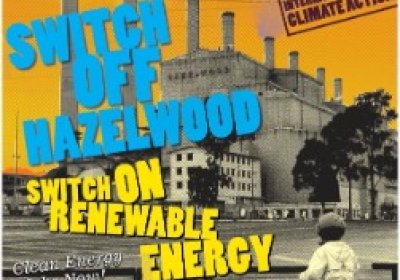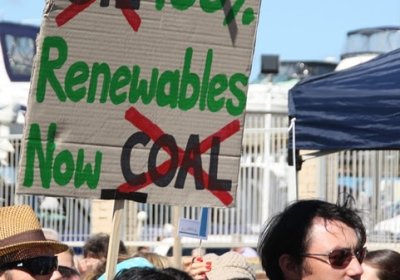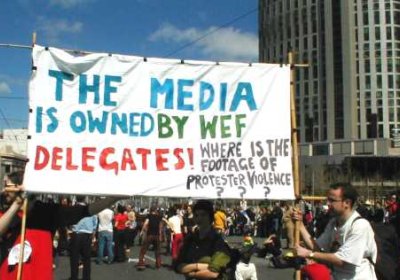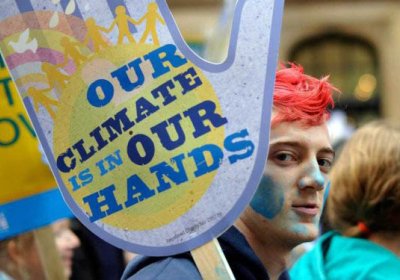Environment
Now that we finally know who is going to govern our country; now that we know who is backing who and why; now that we’ve breathed a collective sigh of relief; now — right now — it’s time to mobilise! It’s time to mobilise around what I’ve been muttering to anyone who’ll listen over the past few weeks: renewables, renewables, renewables.
Green Left Weekly’s Simon Butler asked five Australian climate activists for their thoughts on the current state of the movement. Phillip Sutton is the convenor of Melbourne’s Climate Emergency Network and co-author of the 2008 book Climate Code Red. Adam Lucas is coordinator of Beyond Zero Emissions Sydney and lectures in the Science and Technology Studies Program at the University of Wollongong.
September 11, 2010 -- Ten years ago, thousands of Australian activists joined forces to blockade a meeting of the powerful World Economic Forum in Melbourne for three days, beginning September 11, 2000.
- Previous page
- Page 278
- Next page











